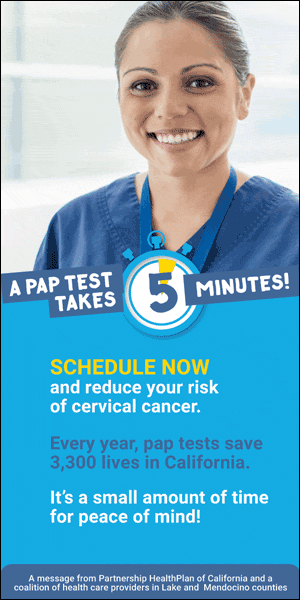

When COVID-19 restrictions reduced his work schedule at the National Institutes of Health, Sam Smith chose to use another time-consuming job: applying to medical school.
He’d always aspired to go into medicine, but what was happening on the planet had a big effect on the kind of medicine he wishes to practice. Now Smith wants to focus on infectious diseases.
The experience with the last year “makes me think, there’s likely to be another pandemic” in the future, said Smith, 25. “And so i want to be on the front lines from the next one.”
Even as college and university enrollment overall has dropped this fall, Smith belongs to a wave of the items officials have to say is an archive quantity of applicants to medical school.
The number of applicants is up 18% this year over last year, based on the Association of American Medical Colleges, or AAMC, driven by the example of medical workers and public health figures such as Dr. Anthony Fauci, director of the National Institute of Allergy and Infectious Diseases.
“It’s unprecedented,” said Geoffrey Young, the AAMC’s senior director for student affairs and programs, who compares it to another response to a traumatic moment in American history: the terrorist attacks of Sept. 11, 2001.
“After [Sept. 11], there was an enormous increase in the amount of men and women which were entering into the military,” Young said. “To date within my lifetime, a minimum of, as well as for as long as I’ve been in medical education, that’s the only real comparison that I could make.”
Stanford University School of Medicine reports a 50% begin the amount of applications, or 11,000 applications for 90 seats. Boston University School of Medicine says applications are up 27%, to 12,024 for around 110 seats.
“That, I think, may have a lot to do with the fact that people take a look at Anthony Fauci, look at the doctors in their community and say, ‘You know, that is amazing. This can be a way for me to make a difference,'” said Kristen Goodell, associate dean of admissions in the school of medicine at BU.
Medical school admissions officers have begun calling this the Fauci Effect.
It’s “very flattering,” Fauci said. “Probably a far more realistic assessment is the fact that, rather than the Fauci Effect, it’s the consequence of physician who is attempting to and hopefully succeeding in having an essential impact on an individual’s health, and also on global health. So if it works to get more young individuals into medical school, go ahead and use my name. Be my guest.”
Among some other reasons admissions officials cite for that increase in prospective medical students would be that the pandemic has given people more free time to accomplish the arduous application.
“A lot of the plans they provided postgrad honestly fell through,” said Sahil Mehta, a practicing radiologist and founder of MedSchoolCoach, which prepares students for that Medical College Admission Test, or MCAT.
When the dermatology practice where she was being employed as a medical assistant turn off temporarily because of COVID, Mary Grace Kelley had the chance to retake the MCAT and improved her score.
“This can be a perfect time of no distractions,” said Kelley, 23, who lives in the Boston suburbs and it is applying to medical schools this year.
The deluge of applications may come as the country faces an estimated lack of physicians.
The Usa is going to be short 54,100 to 139,000 physicians by 2033, the AAMC estimates. More than two from every five doctors now practicing will reach retirement age over the next 10 years.
Thirty-five percent of registered voters inside a survey last year said they’d had trouble getting a doctor, up from 25% in 2021.
Medical school graduates finish with a staggering $241,560 of student loan debt, on average, according to the National Center for Education Statistics, discouraging many would-be doctors.
Eight percent of medical students are Black and 7% Hispanic, both proportions small compared to their share of people. (10 % identify themselves as multiracial.)
“I'm sure that the debt probably scares off some people,” said Goodell, who's additionally a former chair of the Council on Graduate Medical Education.
This year’s many school of medicine applicants appear undeterred.
“Everyone feels some sort of responsibility,” Kelley said. “There’s definitely a phone call to arms believing that, if there’s another pandemic, it’ll depend on us.”
Fauci said he sees the flood of school of medicine applicants as a sign that individuals are thinking about social justice – “you have responsibility not only to yourself, but because a fundamental element of society.”
He said he hopes the trend will counterbalance and “maybe would even overcome sleep issues from the coin, which is the really somewhat stunning and disturbing proven fact that individuals have no regard whatsoever for society, only just focusing very selfishly on themselves.”
This was produced by The Hechinger Report together with GBH Boston. Additional reporting by Kirk Carapezza.













